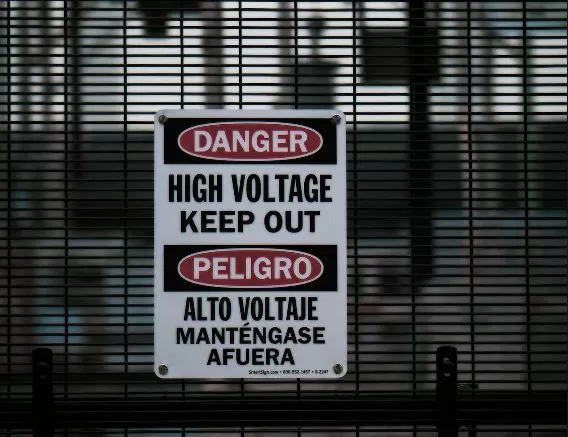Energy commodities like electricity, natural gas, crude oil, and coal are traded on a wholesale basis. It is an important part of the energy sector because it is one of the main ways to make sure there is a steady supply of energy at a reasonable price.
There are two main channels for the exchange of wholesale energy between power stations and users: the open market and contractual arrangements. The goal of this post is to give a complete overview of wholesale energy in the United Kingdom, including its different types, how to get it, and what factors affect its price.
Types of Wholesale Energy
Electricity and natural gas make up the bulk of the wholesale energy market in the UK. Natural gas comes primarily from the North Sea and other parts of the UK, whereas nuclear, coal, natural gas, wind, solar, and other renewable sources are used to generate electricity.
The wholesale energy market is a trading platform for large quantities of electricity and natural gas between producers and distributors. As an extra source, some companies may bring in electricity from France or the Netherlands. For a proper explanation on wholesale energy prices you can visit Utility Bidder.
Where to Get Wholesale Energy
Energy exchanges, brokers and dealers, producers, and private contracts are all viable options for obtaining wholesale energy in the United Kingdom. Contracts for the future delivery of energy commodities are bought and sold on energy exchanges like ICE Futures Europe and the NBP.
Wholesale electricity in the United Kingdom can be purchased from a number of different companies and organizations. EDF Energy, Centrica, RWE, E.ON, SSE, and Scottish Power are the largest wholesale energy suppliers in the UK. Many smaller companies act as independent energy suppliers, purchasing energy on the wholesale market and reselling it to the general public. The ICE Futures Exchange and the London Energy Market are just two of the many online energy exchanges where buyers and sellers can transact business.
Brokers and dealers facilitate transactions between buyers and sellers and also offer expert insight into the market. It is common practice for large industrial companies to buy energy directly from generators. At last, individuals and businesses can enter into legally binding contracts specifying the terms of energy delivery and payment.
How to Get Wholesale Energy
Those looking to purchase wholesale energy must be well-versed in the following areas: risk management; delivery and settlement procedures; contract negotiation; and market prices. Constantly checking energy market prices is crucial for deciding when to lock in delivery contracts. Delivery, payment, and any penalties for late or nonpayment must all be settled during contract negotiations.
There needs to be strict adherence to delivery and settlement procedures to ensure the timely and efficient transfer of power. Last but not least, purchasers need to hedge their bets against price swings and supply disruptions by managing risk.
Electricity and gas can be purchased directly from the National Grid at wholesale prices, making it an attractive option for businesses in the United Kingdom. Businesses submit bids for the amount of energy they want to buy and the price they are willing to pay through a competitive bidding process.
Those with the best price/quantity ratios will have their bids accepted by the National Grid, and they will be given the energy they requested. Energy suppliers, who buy their power from the National Grid and resell it at a profit to businesses, are another option for commercial customers.
This option is usually more expensive than buying power directly from the National Grid, but it may give you more freedom in terms of how much and when you buy energy.
Factors Affecting Wholesale Energy Prices
Several variables affect wholesale energy costs, including supply and demand, climate, geopolitical tensions, and regulatory shifts. Energy prices are most affected by changes in supply and demand. When there is a shortage of supply, prices go up, and when there is an oversupply, prices go down.
Changes in the demand for energy and the cost of that energy can be influenced by weather patterns like unusually high or low temperatures. Energy prices may also be affected by geopolitical factors, such as conflicts between major oil-producing countries. Last but not least, changes in regulation, such as the implementation of carbon pricing schemes, can have an impact on the price of energy.
Final Thoughts
Wholesale energy is a crucial component of the energy industry, and understanding its types, where and how to get it, and the factors affecting its prices are essential for buyers and sellers. As the world moves toward renewable energy sources, the demand for traditional energy commodities like crude oil and coal is expected to go down, while the demand for natural gas and electricity is expected to go up.
The future of wholesale energy markets will be affected by changes in technology, concerns about the environment, and new energy policies.
